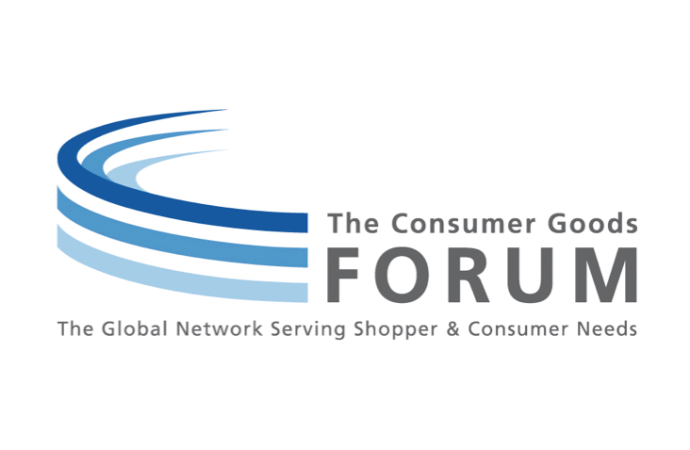The Consumer Goods Forum today (6 October) published a new resolution on refrigeration. It commits its members to deploying only natural refrigerants or alternative ‘ultra-low GWP refrigerants’ where viable without further delay in all new commercial and industrial refrigeration equipment.

The Consumer Goods Forum (CGF) groups CEOs and senior management of some 400 retailers, manufacturers, service providers, and other stakeholders across 70 countries.
The new resolution builds on an original one from 2010, which aimed to start phasing out HFC refrigerants as of 2015. While the first resolution helped to shift the market towards natural refrigerants, the CGF members recognise that continued efforts are necessary to replace HFCs in new equipment and address existing barriers to their deployment in certain markets.
The announcement of the second resolution comes just before an important Montreal Protocol meeting in Kigali, Rwanda, on 10-14 October. Adding to the momentum, the CGF members voice their support for a global HFC phase-down and highlight the need for technology transfer and finance to support emerging markets.
The commitments adopted under the resolution are voluntary (non-legally binding) but will be treated as authoritative by CGF members.
Resolution addresses four key areas
The new resolution broadens the scope of the previous one to address not just point of sale systems, but also all commercial and industrial refrigeration equipment. The first point of the resolution commits CGF members to installing only natural or other ‘ultra-low GWP’ refrigerants in new equipment in markets where this is viable, effective immediately.
The second point of the resolution outlines a commitment to engage with governments, suppliers and other stakeholders to remove existing barriers in markets where the deployment of natural refrigerants or ‘ultra-low GWP’ HFCs faces obstacles. These barriers should be eliminated as soon as possible, but no later than 2025.
In addition, the resolution addresses total equivalent environmental warming impact (TEWI), whereby CGF members should work towards improving energy efficiency and reducing refrigerant leakage.
CGF members should set their individual measurable targets to reflect the three commitments and regularly publish their progress in achieving these.The change must be in favour of natural refrigerants, not a toxic alternative like HFOs."
- Paula Tejon Carbajal, Greenpeace
Greenpeace hailed the adoption of the resolution as an opportunity to boost uptake of natural refrigerant technologies. “Although there are multiple cost-effective and technically feasible natural refrigerant solutions in the commercial refrigeration sector, many CGF companies have continued to use HFCs in new equipment. This resolution is a clear commitment to change that behaviour, starting now. But the change must be in favour of natural refrigerants, not a toxic alternative like HFOs. It is not only the climate we need to protect. It is the wider environment too,” said Paula Tejon Carbajal, global strategist at the environmental NGO.
The Environmental Investigation Agency (EIA) said implementation of the resolution would lead to a "massive reduction in HFC use in the commercial refrigeration sector," which represents about 25 per cent of global HFC use. "This is a very positive and timely announcement which should give Montreal Protocol negotiators the confidence that the global business community is behind an ambitious HFC phase-down agreement,” said Clare Perry, EIA climate campaign leader.
MORE INFORMATION
Related stories



_1636620968.jpeg)
